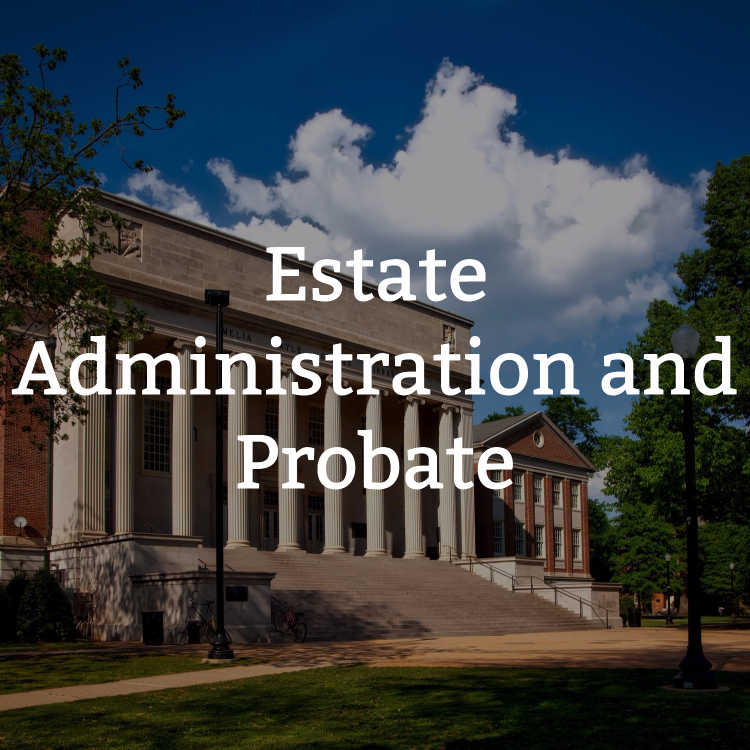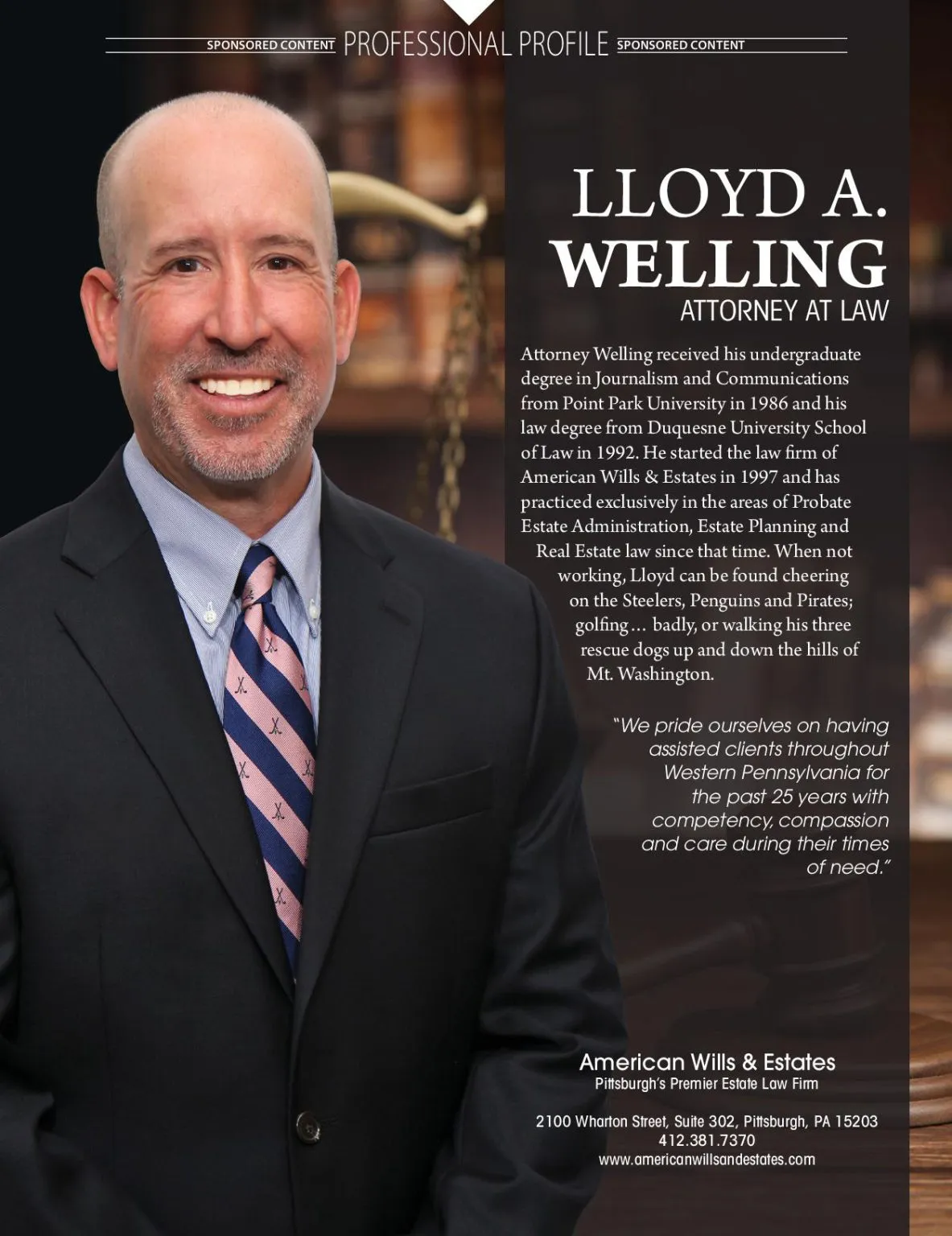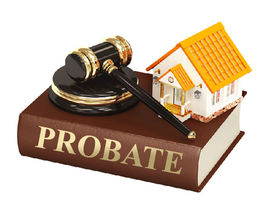Whether or not a particular asset or piece of property that you own at the time of your death will have to pass through probate will often depend entirely upon how it's titled.
There are three basic ways that property is typically titled: in an individual’s name alone, in joint names with one or more other parties, and by or through certain designated contractual rights. Whether or not a particular asset or piece of property that you own at the time of your death will have to pass through probate will often depend entirely upon how it's titled.
Read the below—and see why it’s so important to leave such matters to experienced estate planning professionals.
- Joint Tenancy With Rights of Survivorship or “JTWROS” for short, means that the asset in question is titled to 2 or more owners and is held in a manner where when one of the owners dies, the surviving owner or owners will then be the exclusive owners of the asset and the deceased owner’s heirs will have no interest in same.
All that the surviving owners will need to do is record a new deed or show a death certificate to the bank to remove the deceased person’s name from the property or account.
- Tenancy by the Entirety or “TBE” for short, is a special form of joint tenancy with rights of survivorship that is recognized strictly between married couples and in certain states is sometimes referred to as Tenants by the Entireties. Aside from avoiding probate, this type of ownership is important for asset protection planning in states where it's recognized.
In other words, a judgment is entered against only one of the spouses the property is protected entirely because the non-liable spouse can assert the protection that this form of titling offers.
- Community Property is a special type of joint ownership recognized between married couples in only nine states: Arizona, California, Idaho, Louisiana, Nevada, New Mexico, Texas, Washington, and Wisconsin. In Alaska, married couples can elect to have some or all of their property treated as community property by stating so in a written contract.
What happens to community property when one spouse dies? This will depend on whether or not the couple made an estate plan. If there isn't an estate plan, then the intestacy laws of their state will dictate where the community will go.
If there is an estate plan, then the terms of the estate plan will supercede state law and the community property will go exactly where the spouses want it to go.













